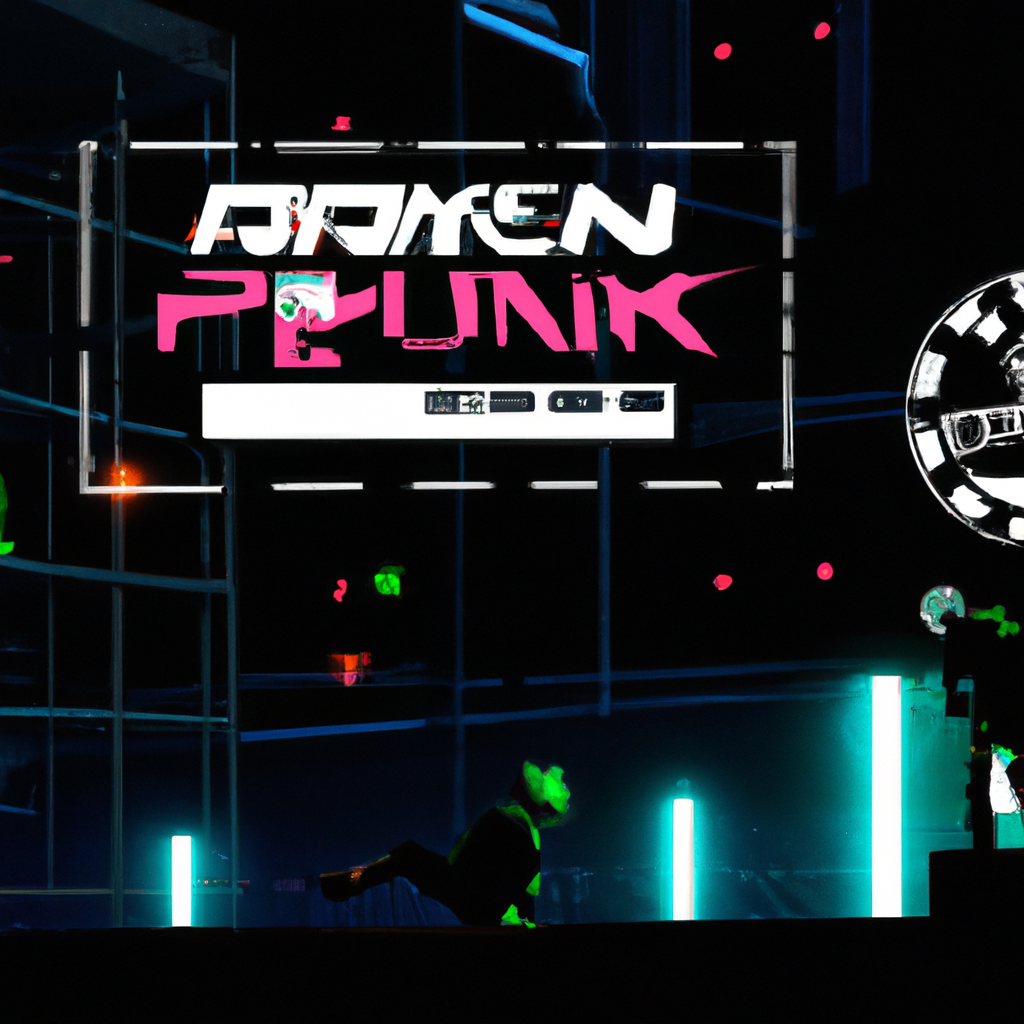In recent years, the video game industry has seen a significant shift in the way games are developed and published. This change has been brought about by the emergence of indie game development and game jams. These two phenomena have not only transformed the landscape of the gaming world but have also played a crucial role in propelling the industry forward. In this blog post, we will explore the role of game jams and indie development in the video game industry and how they have impacted the way we create, play, and perceive games today.
First and foremost, let’s talk about game jams. Game jams are events where game developers, artists, and programmers come together to create a playable game or prototype within a limited timeframe. These events are often highly collaborative and intense, requiring participants to work quickly, efficiently, and creatively. Game jams are typically centered around a specific theme, encouraging developers to think outside the box and explore new ideas. Some popular examples of game jams include Ludum Dare, Global Game Jam, and One Hour Game Jam.
Game jams play a critical role in the game industry by fostering creativity and innovation. They provide a platform for developers to experiment with new concepts, mechanics, and ideas, often leading to the birth of original and groundbreaking games. Additionally, game jams serve as an excellent networking opportunity for developers to meet others in the industry, exchange ideas, and form long-lasting relationships. This has led to many successful collaborations and the establishment of thriving indie studios.
Now, let’s delve into the world of indie development. Indie developers, or independent developers, are game creators that operate outside the traditional publisher-developer model. They often work with smaller budgets, limited resources, and a small team, relying heavily on their creativity, passion, and dedication to bring their games to life. Indie development has gained significant traction in the last decade, with platforms like Steam, itch.io, and the Nintendo eShop providing indie developers with the tools and outlets needed to reach a wider audience.
The role of indie development in the industry is not to be understated. Indie developers have demonstrated time and time again that they can create unique, compelling, and even genre-defining experiences that rival those of their AAA counterparts. The rise of indie development has led to a more diverse and rich gaming landscape, with games like “Undertale,” “Hollow Knight,” “Stardew Valley,” and “Cuphead” garnering critical acclaim and commercial success.
Additionally, indie development has had a significant impact on the industry’s democratization. The availability of affordable game engines, such as Unity and Unreal Engine, has made game development more accessible to creators worldwide. This has led to an influx of new talent, ideas, and perspectives, making the gaming landscape more diverse and inclusive than ever before.
In conclusion, game jams and indie development have played a vital role in shaping the video game industry as we know it today. By fostering creativity, innovation, and collaboration, these phenomena have contributed to a richer, more diverse gaming landscape. By providing new creators with the resources and platforms needed to bring their ideas to life, game jams and indie development have democratized the industry, ensuring that the future of gaming remains bright, exciting, and full of potential.

